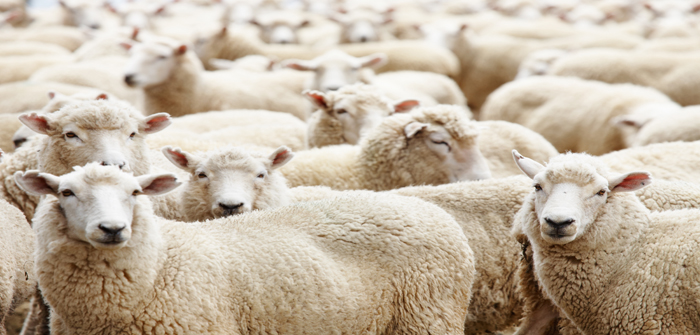The National Sheep Association said the UK sheep sector’s concerns over the recently agreed UK/Australia trade deal have been undermined and insulted by recent comments from the Trade and Agriculture Commission (TAC).
NSA chief executive Phil Stocker said: “Serious health and welfare issues such as mulesing, transport distances, space in transit, and antibiotic use have been dismissed as minute details that are overexaggerated by UK sheep producers.
“Not only does this attitude of the TAC undermine the extremely high welfare standards UK producers uphold but is an insult to UK consumers, who value our product and it’s high production standards.”
NSA submitted a detailed response to the UK/Australia trade deal at the start of the year highlighting the differences, issues and poor opportunity this Free Trade Agreement provided for UK producers.
The Association now believes the issues seem to have been brushed off as a minor inconvenience creating yet another blow to UK producers and compounding the feeling that the evidence of UK farmers and producers is not being listened to.
Mr Stocker added: “I was highly offended to hear the chair of the TAC, Professor Lorand Bartels, state that the farming industry had overreacted to the risks of the trade deal.
“As a major stakeholder in this deal the NSA’s overarching assessment was that there was likely to be very little immediate risk, but that the deal was opening UK sheep farmers to levels of risk in years to come considering the political, climate, and trade related volatility that we are seeing globally.
“The new deals with Australia and New Zealand combined give the theoretic possibility of these countries supplying the UK’s total sheep meat consumption.”
NSA believes that UK producers have again been put in a position where their businesses are cast aside.
Mr Stocker continued: “If our government isn’t willing to protect our domestic industries, backed up by advice from the TAC, then it will, as usual, be down to industry to protect itself by communicating the attributes of British products.”


